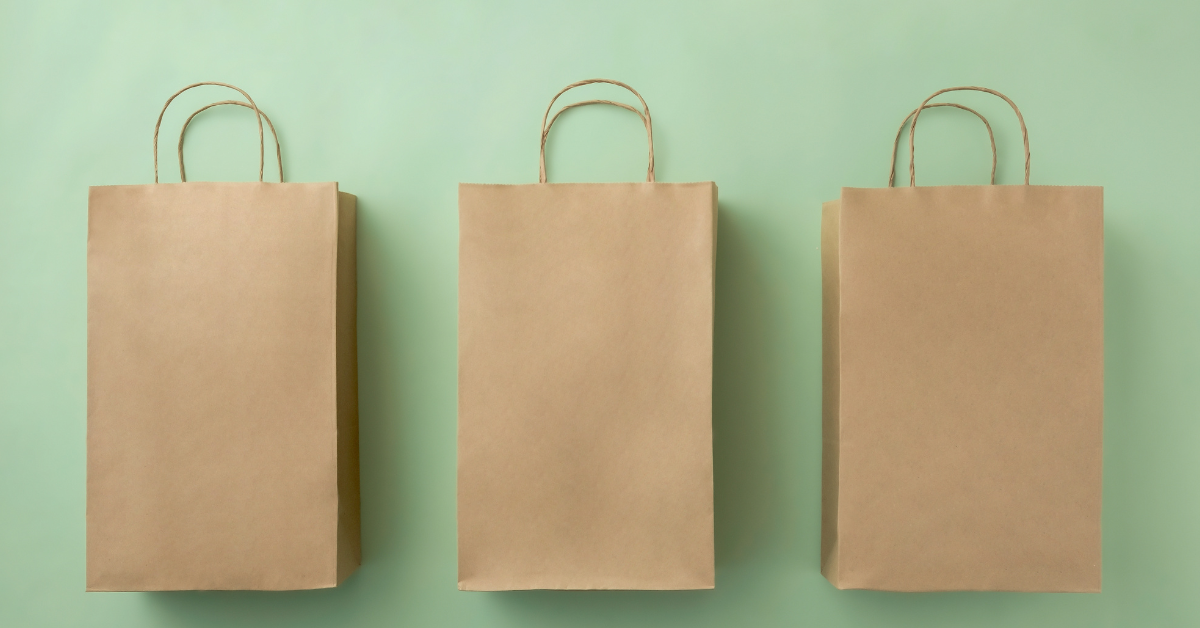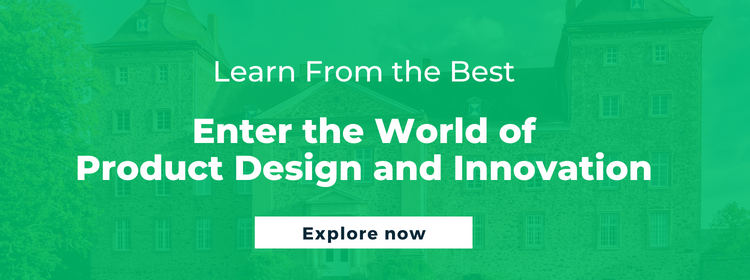What is a Zero-Waste Lifestyle and Why it is Important

As people become more aware of the environmental impact of their actions, the concept of a zero-waste lifestyle has gained momentum. A zero-waste lifestyle is about reducing waste and minimizing its impact on the planet by adopting sustainable practices. It involves rethinking the way we consume and dispose of products and materials in our everyday lives.
To achieve a zero-waste lifestyle, it is essential to focus on three key principles: reduce, reuse, and recycle. This means minimizing waste production by choosing products with minimal packaging, reusing items as much as possible, and properly disposing of waste to ensure it gets recycled or composted. In fact, product designers help enable this lifestyle by designing products that are sustainable, eco-friendly, and have a minimal impact on the environment.
How Has Consumer Behaviour Changed?
Consumer behavior has a significant impact on the environment. In recent years, consumers have become more conscious about the sustainability of the products they use. Here are some ways in which consumer behavior has promoted a zero-waste lifestyle:
Conscious Consumption
Many consumers now opt for products that are eco-friendly and sustainable and avoid products that have excessive packaging or use materials that can be harmful to the environment.
Embrace Reuse
Reusing items as much as possible is a key principle of a zero-waste lifestyle. Hence, consumers have adopted practices such as bringing reusable bags, water bottles, and coffee cups and avoiding single-use items.
Proper Disposal
Properly disposing of the waste is essential to ensure it gets recycled or composted. Here, consumers are more aware of local recycling and composting programs and strive to follow proper disposal practices. Also, it is important to responsibly dispose of hazardous waste such as electronics, batteries, and chemicals.
Support Sustainable Brands
Customers support brands that prioritize environmental sustainability in their products and packaging.
Advocate for Change
Encouragement of businesses and policymakers to adopt sustainable practices has gone up. Moreover, this includes adopting policies such as extended producer responsibility, which holds companies accountable for the environmental impact of their products and packaging.
ALSO READ: How to Build a Great Career in Sustainability Management
Examples of Zero-Waste Products

There are many examples of zero-waste products available in the market today. Additionally, these products are designed to reduce waste production and promote sustainable practices. Some of them include:
Reusable Grocery Bags
These are excellent alternatives to single-use plastic bags. They are durable, light, and reusable. In addition, they are available in different materials, such as cotton, canvas, and jute.
Stainless Steel Water Bottles
Stainless steel water bottles are a great replacement for their plastic counterparts. Moreover, they are durable, easy to clean, and can be used for many years.
Compostable Cutlery
Cutlery is made from materials such as bamboo, cornstarch, and sugarcane, which makes it biodegradable and compostable. It is perfect for picnics, parties, and other events.
How are Product Designers Making Such Products?
Product designers play a crucial role in promoting a zero-waste lifestyle by designing products that are sustainable, eco-friendly, and have a minimal impact on the environment. Thus, here are some ways in which product designers are making such products:
Material Replacement
By selecting materials that are eco-friendly, recyclable, and biodegradable, product designers can make products more sustainable.
Durable Design
Durable products reduce waste and also save consumers money in the long run.
Minimalist Design
Creating products that are simple, functional, and have minimal packaging not only reduces waste but also makes the product more appealing to consumers who value simplicity and functionality.
Collaborating with Suppliers
Product designers must source the materials used in their products responsibly and sustainably by collaborating with suppliers.
ALSO READ: What Does a Product Designer do? A Comprehensive Guide for 2023
A zero-waste lifestyle is essential for reducing waste and promoting sustainable practices. Consumers can have widespread impacts on the environment and waste generation by making small changes to their buying behavior. Moreover, product designers also have an important role to play in promoting a zero-waste lifestyle by designing products that are eco-friendly and long-lasting.
As we move toward a more sustainable future, we must continue to design products that reduce waste. Now, this makes product design one of the most important careers of the future. According to Indeed, product designers can make an average base salary of up to $114,949 annually. If you are interested in learning more about product design, take up product management courses from Emeritus, which will help you gain the skills and knowledge you need to create sustainable products of the future.
Write to us at content@emeritus.org





